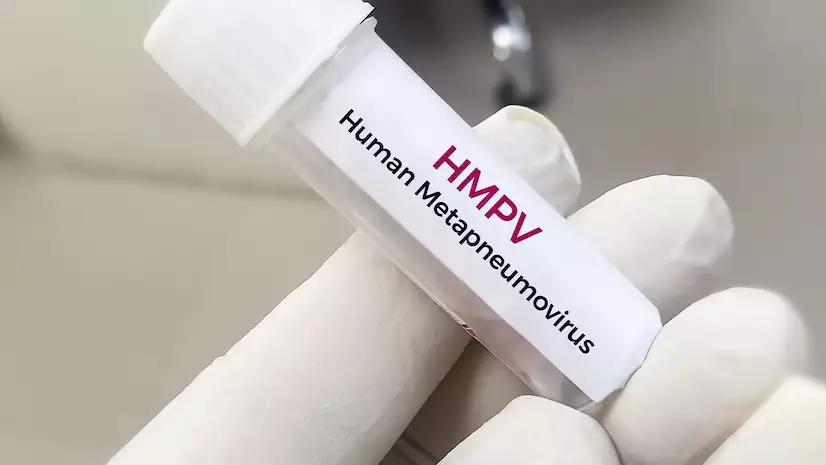
HMPV: Pulmonologists urge vigilance & early intervention
Bengaluru: Recently, the Union Health Ministry reported two cases of Human Metapneumovirus (HMPV) in Bengaluru, affecting two infants, a three-month-old female and an eight-monthold male. The Karnataka health ministry reassured “no need for panic” and advised parents to prioritise hygiene and isolation if their children exhibit coldlike symptoms. Dr Suhas H. S., Consultant in Pulmonology at Manipal Hospital Sarjapur Road, provided insights into the virus and its impact on children, along with effective prevention strategies.
Dr. Suhas explains, "HMPV is one of many respiratory viruses that can infect people of all ages, especially during the winter and early spring months. It belongs to the pneumoviridae family, alongside the respiratory syncytial virus (RSV). In most cases, HMPV causes mild symptoms like fever, cough, and congestion, which resolve on their own within a week or two. However, for vulnerable groups, including infants and the elderly, it can lead to complications such as pneumonia or bronchitis." He continues, "While the virus is not new, these cases highlight the importance of vigilance, particularly for children and individuals with weakened immune systems." Dr Suhas advises, “To prevent the spread of HMPV, wash your hands frequently with soap and water. If that’s not possible, use an alcoholbased sanitiser. Always cover your nose and mouth with your elbow when you sneeze or cough. Avoid crowded places, and if you're feeling unwell, stay home and avoid public contact. Wearing a mask, especially in crowded places, can also reduce the risk of transmission.”
According to Dr Suhas, the main challenge lies in preventing the spread of the virus, which can be easily transmitted through droplets from sneezing, coughing, or close contact. "It’s also essential to avoid sharing eating utensils and to refrain from touching your face, especially the eyes, nose, and mouth, to limit exposure." Though HMPV typically causes mild disease in healthy individuals, Dr. Suhas warns, “In high-risk individuals, particularly young children, it can result in more severe conditions such as pneumonia. In some cases, it can even become life-threatening.” There is currently no specific antiviral treatment or vaccine for HMPV.
Dr. Suhas emphasises, “The treatment for HMPV is largely symptomatic. If symptoms worsen, it’s crucial to seek medical attention promptly." Dr. Suhas encourages the public to take preventive measures seriously. "It’s important to stay hydrated, prioritise rest, and seek medical help if symptoms on’t improve or worsen.
 English daily published in Bengaluru & Doha
English daily published in Bengaluru & Doha






